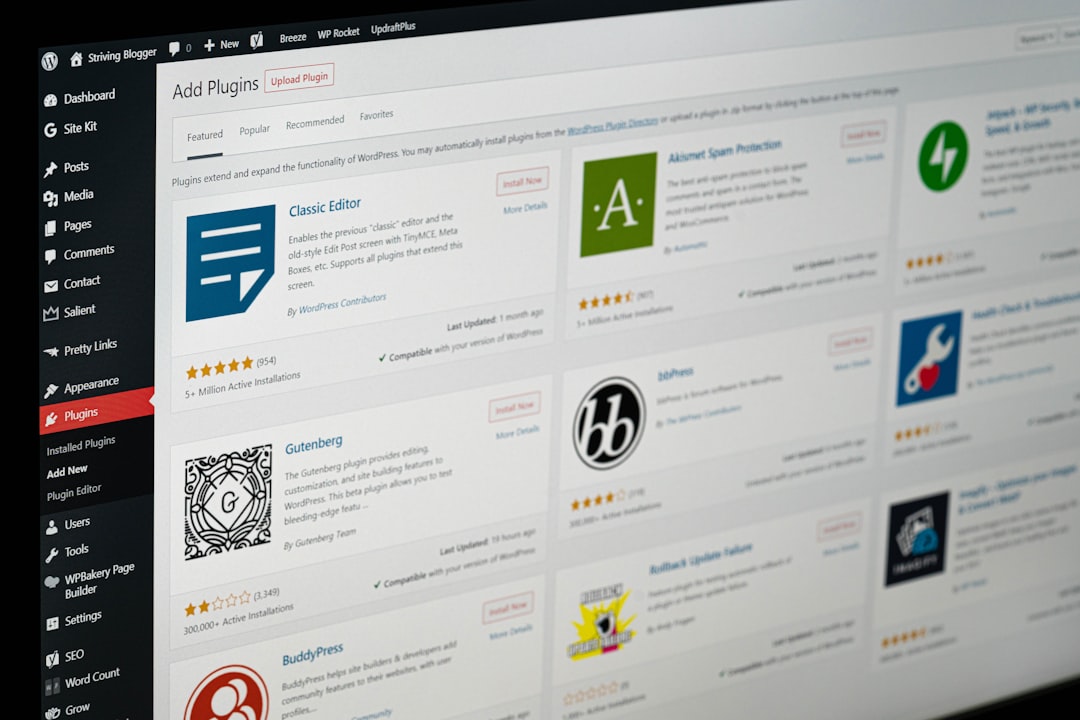Search engine optimization (SEO) is a multifaceted strategy that plays a critical role in how websites are discovered and ranked by search engines. Among the array of techniques, link building stands as one of the most powerful and influential. However, as Google’s algorithms continue to evolve, the emphasis has shifted away from manipulative tactics and toward organic, authentic practices. This is why natural link building is no longer a mere option—it is essential for achieving long-term SEO success.
What Is Natural Link Building?
Natural link building refers to the process of acquiring backlinks without paying for them or manipulating search engines through black-hat or gray-hat techniques. These are links that other websites choose to place on their pages because they find your content informative, useful, or authoritative. This stands in contrast to artificial link acquisition methods, such as link farms, paid links, and backlink exchanges.
Natural links typically come from reputable sources, including:
- Editorial mentions in blog posts or news articles
- References in resource pages or industry directories
- Professional collaborations and interviews
- User-generated content and community discussions
Because these links arise organically, they are viewed more favorably by search engines like Google, leading to improved rankings and sustained visibility over time.
Why Natural Link Building Matters for SEO
Unlike artificial links that can result in penalties or ranking losses, natural links contribute positively to a website’s reputation on the web. Here’s why they’re essential for enduring SEO performance:
1. Enhanced Domain Authority
When high-authority websites link to your content naturally, it sends a strong signal to search engines that your site is trustworthy and valuable. Over time, this builds your domain authority, which can help your entire website rank higher—even for pages that haven’t received direct backlinks.
2. Algorithm Resilience
Search engines constantly refine their algorithms to provide users with the most relevant and trustworthy results. Sites that rely on manipulative link-building tactics are highly vulnerable to these updates. Conversely, natural links are sustainable and less likely to be devalued or penalized.

3. Traffic Diversification
Natural links often come from reputable websites with their own substantial audiences. A mention from such a site can drive qualified referral traffic, providing you with additional exposure and engagement beyond the search engines themselves.
4. Brand Authority and Trust
The more natural links you earn from respected websites in your niche, the greater your brand’s visibility and credibility will be. Being cited as a source or resource by others not only strengthens your SEO, but also enhances your overall brand authority.
5. Long-Term ROI
Unlike paid ads or purchased links which offer short-lived visibility, natural backlinks often remain active for years. This equates to long-term value without ongoing investment. When done correctly, natural link building becomes a compounding asset for your website’s growth.
How to Build Natural Links Effectively
Natural link building requires investment in content quality and relationship-building rather than shortcuts or automation. Here are effective strategies to earn natural backlinks:
1. Create High-Value Content
Your content must offer real value—whether it’s in the form of unique insights, actionable tips, detailed guides, or original research. Exceptional content naturally attracts citations and shares.
- Publish long-form articles that comprehensively cover essential topics in your niche.
- Create infographics or data visualizations for visual interest and shareability.
- Offer case studies, success stories, or exclusive industry insights.
2. Engage in Thought Leadership
Become a recognized expert by guest posting, speaking at webinars, and collaborating with influencers in your industry. Your voice and ideas should be visible in multiple trusted outlets.
3. Foster Online Relationships
Engage with your peers through social media, forums, and communities. Comment on relevant blogs, participate in meaningful discussions, and build genuine connections that could lead to organic link opportunities.
4. Leverage Content Promotion
After creating high-quality content, you still need to promote it. Reach out to niche editors, bloggers, and journalists who may find your work relevant to their audience. The key is not to ask for a link, but to simply share your resource in a helpful way.

5. Monitor Mentions and Turn Them into Links
Use tools like Google Alerts or Mention to keep track of when your brand or content is cited online. If someone mentions you without linking, politely ask them to add a link for convenience and accuracy—it’s a low-effort way to gain natural backlinks.
Common Pitfalls to Avoid
While pursuing natural link building, it’s important to stay clear of practices that can jeopardize your SEO performance. Here are a few red flags:
- Guest Posting for the Sake of Links: Guest posting is valuable for brand exposure, but when overdone or used purely for backlinks, it can be penalized by Google.
- PBNs (Private Blog Networks): These are considered black-hat tactics and will almost certainly lead to penalties if discovered.
- Anchor Text Manipulation: Using keyword-stuffed anchor texts instead of natural variations is a sign of unnatural linking.
- Reciprocal Linking: Excessive “you link to me, I link to you” tactics are viewed as manipulative unless truly organic and infrequent.
Natural link building should always prioritize relevance and value—if it feels forced or artificial, it likely is.
Link Building in the Context of Google’s Guidelines
Google’s Webmaster Guidelines explicitly discourage manipulative link schemes. They reward links that occur naturally as part of a website’s organic growth and industry recognition. This means:
- Links must be earned, not bought or traded in bulk.
- Content quality must serve the user first, not SEO manipulations.
- Backlinks should be diverse and come from a wide variety of sources.
Following these principles ensures compliance with Google’s standards and secures your SEO efforts for the future.
Conclusion: A Sustainable Strategy Requires Patience and Integrity
Natural link building isn’t a quick fix; it’s a long-term investment in your website’s authority, trust, and relevance. While the results may not be immediate, the cumulative effect is lasting and sustainable. By committing to creating genuine value for users and earning links through trust and merit, you lay the foundation for SEO success that endures algorithm changes and market shifts.
In a digital landscape where authenticity is increasingly rewarded, cultivating backlinks naturally is not just beneficial—it is the only truly future-proof strategy.


